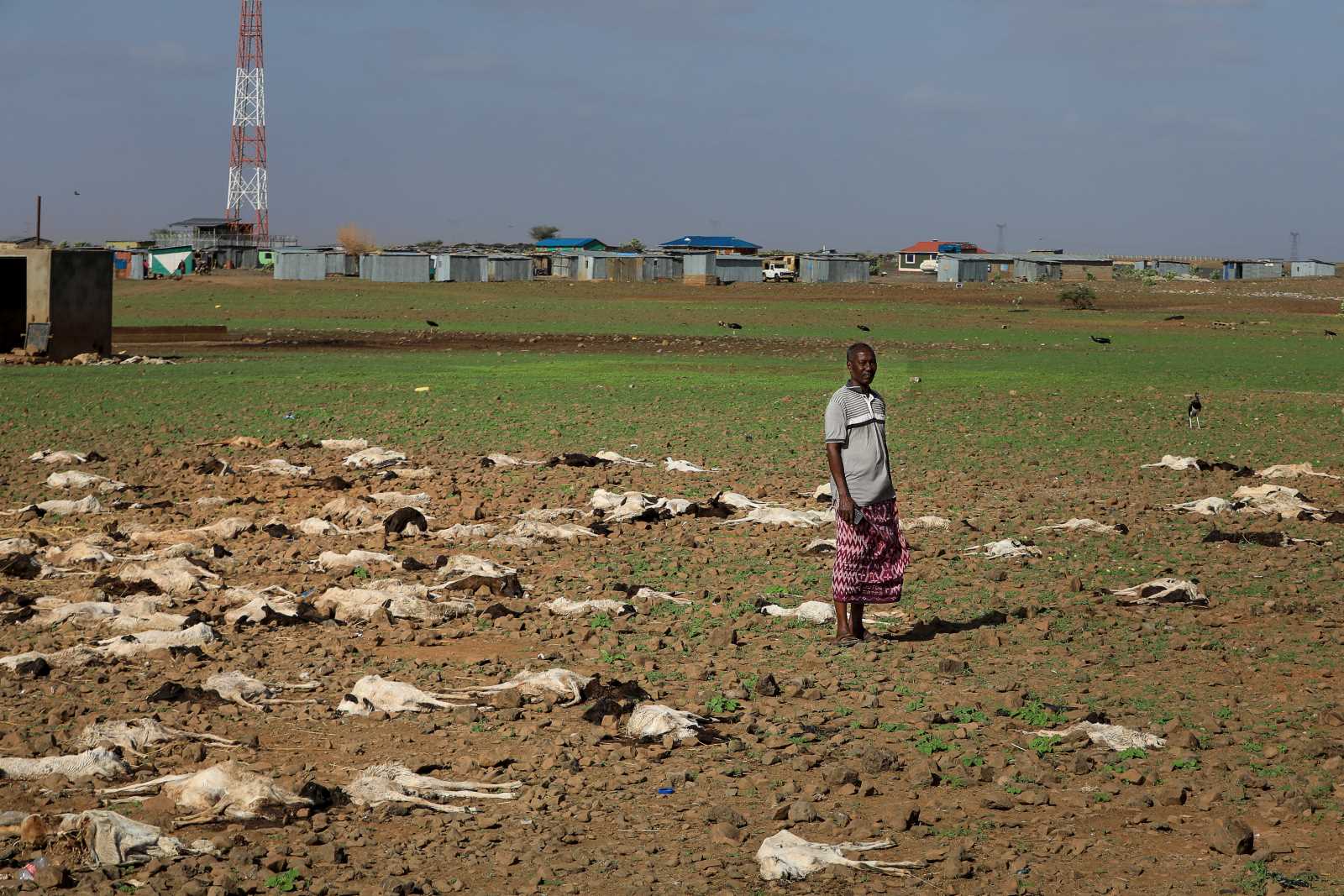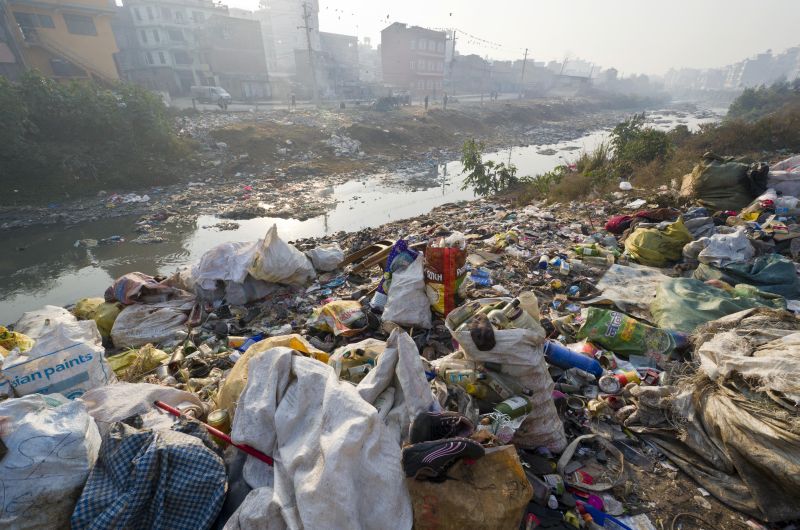Waste management
Part of a system

Proper landfills are safer and cleaner than ocean dumping or open-air burning. They are about more than simply dumping waste in a pit. Landfills are the most economic form for handling solid waste – but only, if that waste really cannot be made use of anymore.
It is estimated that about 95 % of humanity’s solid waste is disposed in the landfills. The landfills have numerous environmental and social impacts. Therefore, competent management must be ensured.
Microbes transform organic waste and generate greenhouse gases such as carbon dioxide and methane. It is estimated that landfills thus contribute up to four percent of global greenhouse-gas emissions. Methane, moreover, is a highly toxic and flammable gas. There are numerous incidents of fires and explosions reported from the landfills around the world.
Another problem is the leakage of toxic substances (gases and leachates). Air, soils and aquifers are contaminated this way. Not only the immediate environment, but also surrounding areas are affected. The bad smell is one reason why people oppose plans for landfills. Those who live in the vicinity of a landfill often feel ostracised due to the odours. Gases and leachates must therefore be kept in check.
Landfills must be insulated from soil and groundwater. Moreover, they must be organised in a way to prevent gas building up in the wrong places. Some gases have economical value and can be used to generate energy for example. It is a fundamental issue that waste needs to be sorted into different categories to make the most of gases, liquids and solids that can still be used or recycled. Accordingly, a proper landfill is always just one component of an entire waste-management system. It does not exist in isolation.
Policymakers in developing countries often shy away from tackling all implications. They would prefer to set up a major landfill to solve all waste problems once and for all. That is what their counterparts in the rich world used to do. But it turned out to be impossible. Accordingly, densely populated advanced nations have taken more holistic approaches.
Landfills are not as awful as traditional pit dumps are. However, they are not pleasant either, and people generally prefer not to have one in their neighbourhood. The core challenge of waste management is to avoid and recycle garbage. Only what cannot serve any purpose at all anymore should be disposed of in landfills.












